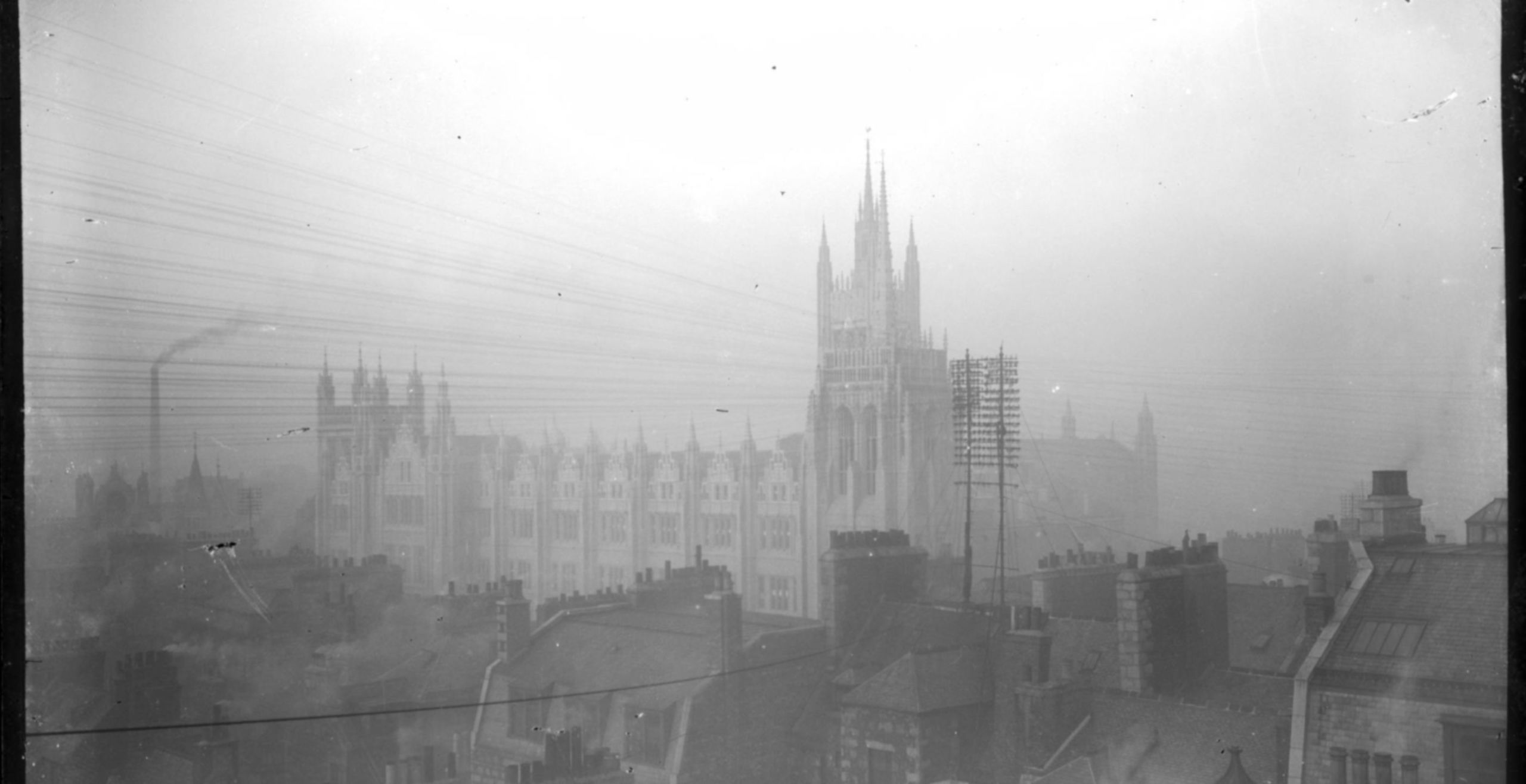Hope Heroes
Our Research
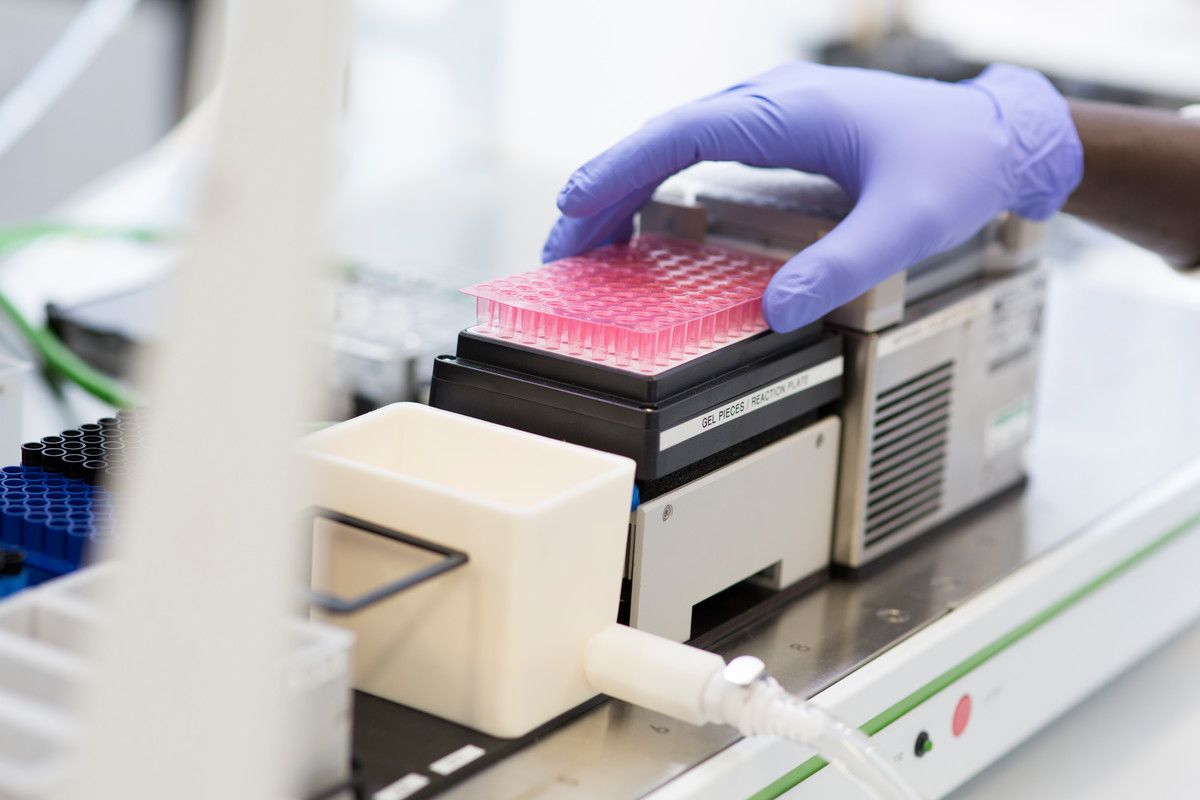
Planetary Science Group develops new ventilators

Space scientists have used their expertise in the development of life support systems for manned space missions to build a ventilator for use in the fight against Covid-19.
The Planetary Science Group based at the University of Aberdeen’s School of Geosciences has developed the device in response to worldwide efforts to produce more ventilators to treat Covid-19 patients.
Using certified and low-cost components which are commercially available for common use on Earth, the scientists believe the device - known as ATMO-Vent (Atmospheric Mixture Optimization Ventilator) - is quicker to build, more cost-effective and more user-friendly than any other model currently in development.
They are now working to have the device officially certified, so that it can be rapidly deployed in healthcare settings worldwide.
Professor Javier Martín-Torres, who heads the Planetary Science Group, said, “As a Group we have watched the spread of Covid-19 with growing alarm, and we wanted to use our expertise to help. Our hope is that its cost-effective design and short development time means it can rapidly supplement the number of ventilators being produced my manufacturers.”
UoA researchers conducting a study to end modern slavery and exploitation in the Bangladesh Garment Sector
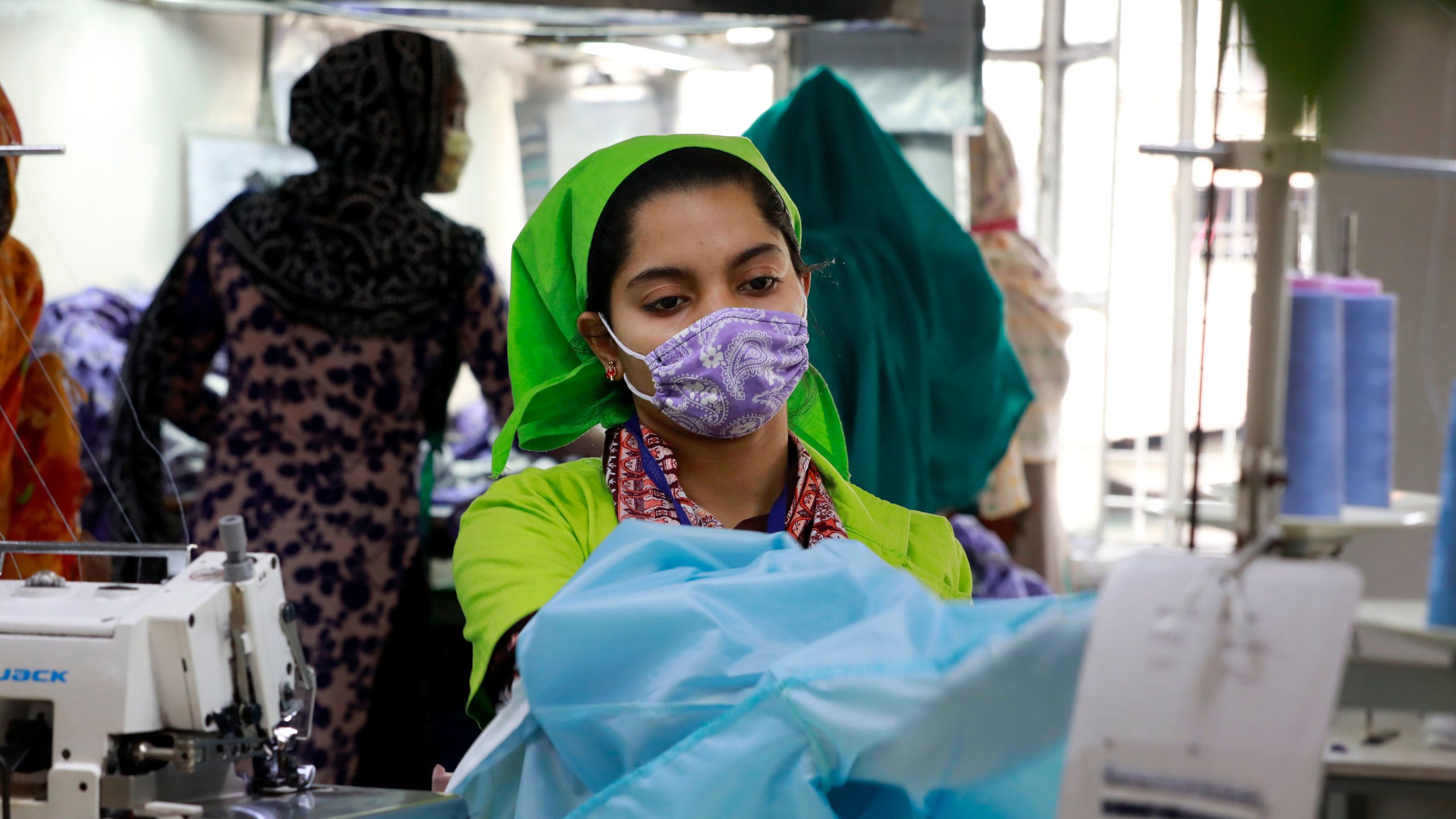
Researchers from the University of Aberdeen are investigating the impact of the Covid-19 pandemic on women vulnerable to slavery working in the garment sector in Bangladesh.
Bangladesh has the world’s largest garment export industry behind China and is one of the least developed countries in the world in terms of poverty, human development and respect for human rights. The Global Slavery Index estimates there are 1,513,300 people in Bangladesh living in modern slavery.
In recent years new transparency and accountability regulations, including the UK Modern Slavery Act 2015, have been put in place to address human rights abuses in factories in the Global South. Large retailers based in the Global North and their Bangladeshi suppliers began implementing measures to eliminate slavery, however the Covid-19 crisis has not only halted progress but noticeably worsened working conditions in garment factories. It is also expected that this crisis will increase the danger of modern slavery to women in particular.
Professor Muhammad Azizul Islam, who is leading the project, hopes then to develop a new gender policy guide to improve workers rights and a policy brief on the impact of UK retailers’ actions on perpetuating or eliminating slavery in the Bangladesh factories that supply to them.
This project is funded by the Arts and Humanities Research Council.
University of Aberdeen involved in world's largest study into the psychological impact of Covid-19
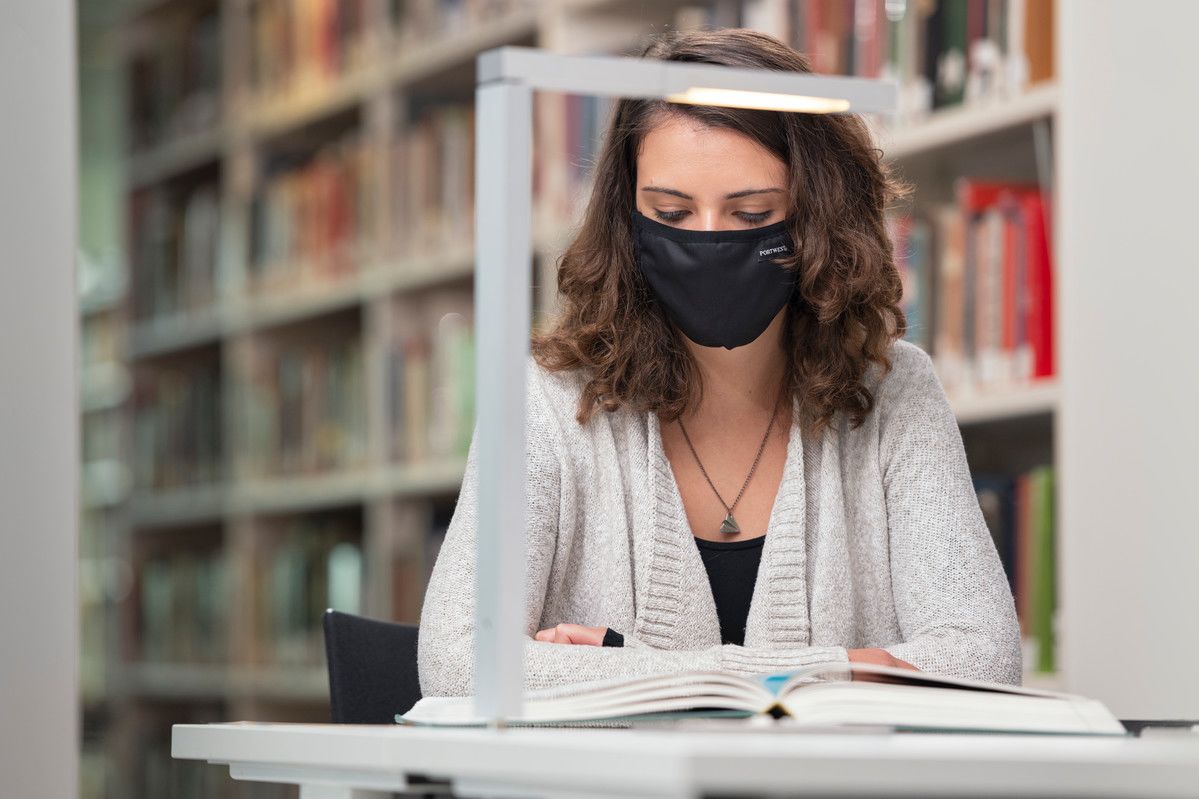
Researchers from the School of Psychology are taking part in a global study investigating the impact of the Covid-19 pandemic on emotional wellbeing and resilience.
Dr Clare Sutherland is leading the University’s contribution to The Psychological Science Accelerator's Rapid-Response Covid-19 Project, an unprecedented global, multinational research collaboration which aims to understand the psychological and behavioural aspects of the Covid-19 crisis.
Spanning more than 500 research labs from over 70 countries, The Psychological Science Accelerator is the largest network of psychology labs in the world and this project has been formed to rapidly obtain informative, impactful, timely knowledge about the behavioural aspects of Covid-19.
Over 22 thousand people from all over the world have already taken part in the study which has been translated into 38 languages.
Primarily, the aim of the project is to provide people with psychological strategies to increase resilience and decrease anxiety when thinking about the pandemic. However, the researchers will also examine strategies like hand washing and social distancing to encourage people to promote healthy behaviours.
The results of the project will provide guidance into how public officials, health professionals and others can communicate more effectively about the pandemic.
Dr Sutherland explains: “The Covid-19 pandemic is likely increasing negative emotions and decreasing positive emotions globally. Left unchecked, these emotional changes may have a wide array of adverse impacts. Our study will help find real-world psychological solutions to help increase resilience and decrease pandemic anxiety. We will also use the results to inform policy makers and the media about the best way to report on the pandemic.
These are very difficult times but I think it is really exciting to see how people are pitching together from across the world with the hope of creating effective responses.”
Aberdeen academic chosen to tackle major UK health challenges
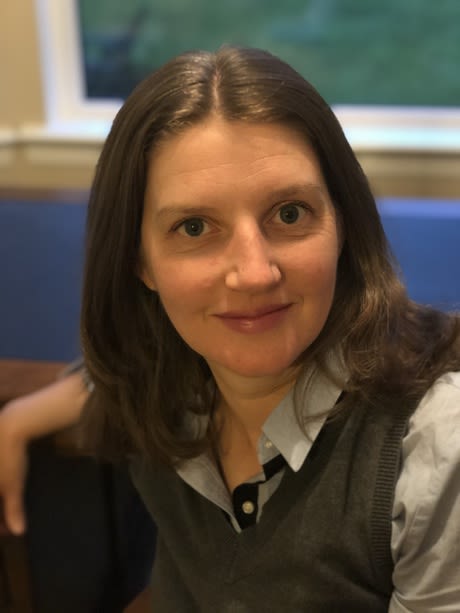
Academic GP Rosalind Adam was selected from more than 300 applicants to attend the first UK Research and Innovation (UKRI) digital health sandpit event in November 2020.
Participants from across the country were invited to explore and invent innovative digital solutions to some of the biggest health and care challenges currently facing society.
Dr Adam, whose research interests are cancer in primary care, pain/symptom management, and digital health, said that while people are living longer with multiple chronic health conditions, deprived individuals die younger than those from affluent areas and experience multimorbidity earlier.
She explained: “Those who most need health care are least likely to receive it, and the current Covid-19 pandemic has highlighted these inequalities. We know that mental illness often co-exists with other physical health problems and that climate change will also widen health inequalities, posing a major threat to our health and wellbeing.
“Digital technologies are increasingly being used to tackle health and social care challenges – they can widen access, improve patient safety and clinical outcomes, improve efficiency and reduce carbon footprint.”
“For example, more than a million people in Scotland have downloaded the Covid-19 test and protect app, the NHS quickly adopted on-line video consulting to help reduce the spread of the virus and many more of us are using apps to monitor physical activity levels to help with weight loss and healthier lifestyles. In cancer screening, it is likely that artificial intelligence algorithms will help radiologists identify early breast cancers.”
